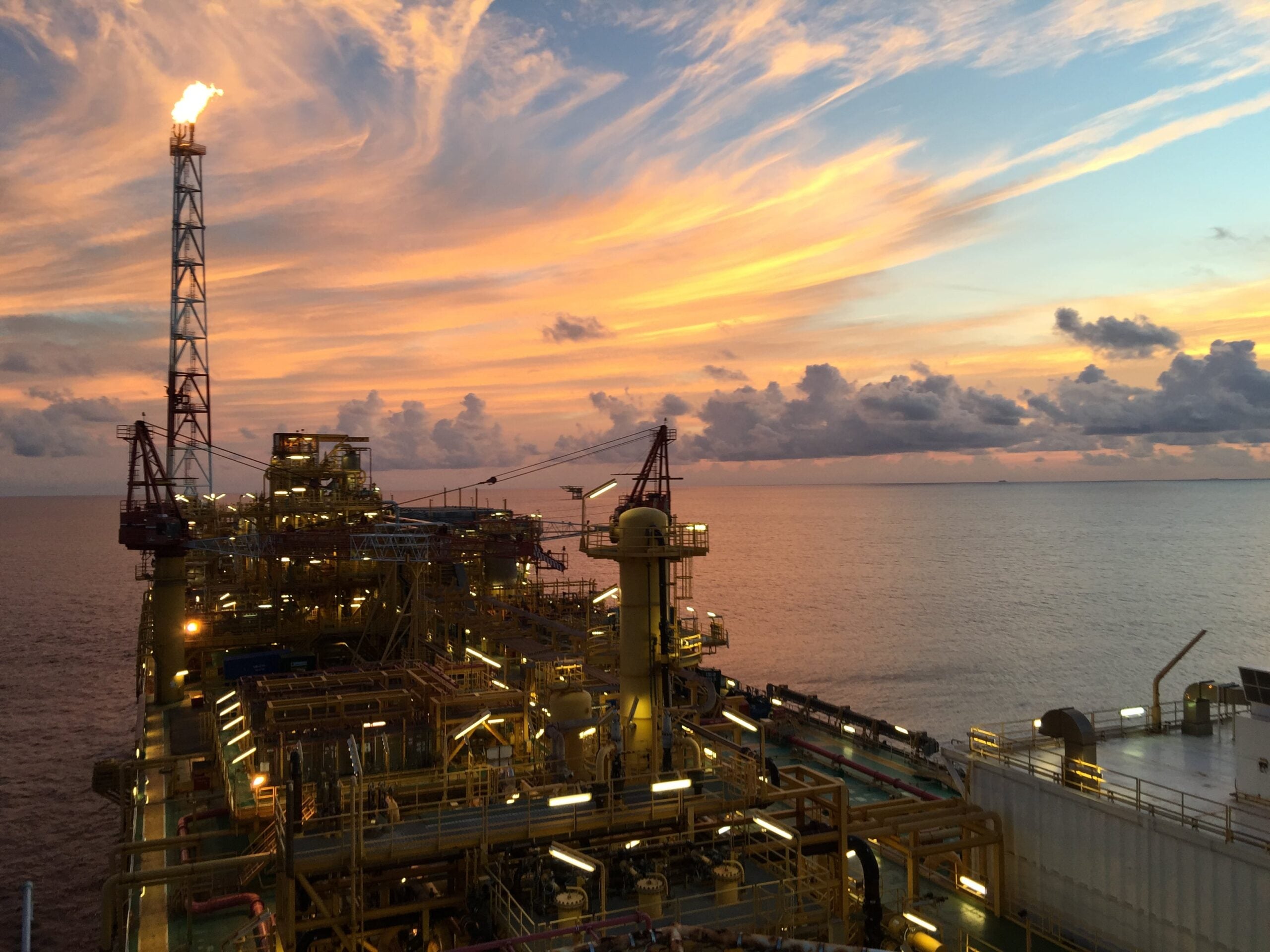
This week has proven oil and gas companies are at the mercy of the stock market, with prices suffering their biggest drop for decades due to the coronavirus outbreak and a price war between Saudi Arabia and Russia. However, big losses for big companies will have made thousands for the short sellers.
Short positions allow investors to bet against companies by selling company shares before they buy them back, on the speculation prices will fall in between. Most commonly, traders effectively pay to rent someone else’s stock, and then sell it.
When prices fall, the trader buys back the stock at a cheaper price and returns it to the renter.
However, short positions are difficult to maintain. They can take days to step back from, or “cover”, and there is no limit to how high a share can rise. This means that unlike traditional investment, short holders can make unlimited losses.
Because of these factors, short selling is seen as a risky game. Many stock exchanges enforce disclosure of who holds short positions. The UK Financial Conduct Authority has kept records of shorts on the London Stock Exchange (LSE) since 2012 and discloses these daily.
So, which companies listed on the LSE are fighting the bets stacked against them?

US Tariffs are shifting - will you react or anticipate?
Don’t let policy changes catch you off guard. Stay proactive with real-time data and expert analysis.
By GlobalData3) BlackRock Investment Management on Petrofac
Holding a 1.80% short position since 6 March 2020. Would cost approximately $17.67m (£13.61m) to cover.
BlackRock is one of the richest and most well-respected investment firms in the world. Earlier this year, CEO Larry Fink told clients the company would use its boardroom clout to encourage climate change action.
Long before this, the firm invested against oil and gas service provider Petrofac, starting its short position in November 2015.
In December that year, the company said it was facing “a difficult period”. Its net debt had slowly risen to $1bn at the end of Q2 2015, and it is expected to make “a modest loss” on its offshore investments in the coming quarter.
Since then, BlackRock has held a small but notable short position, which increased considerably since late 2018.
2) Canada Pension Plan Investment Board on Valaris
Holding a 2.75% short position since 5 March 2020. Would cost approximately $6.67m (£5.14m) to cover.
Valaris is a rig and drillship contractor, operating 82 rigs worldwide. It took the name in June 2019, following a merger of Ensco and Rowan.
In its end-of-year report on 20 February, the company reported a loss of $216m in Q4 2019, with raw earnings of $22m. In the previous quarter, the company made a loss of $197m.
The pension plan may well close its position in coming days, as Valaris shares lost 47% of their value on Monday.
1) ARCM on Premier Oil
Holding a 16.69% short position as of 29 February. Would cost approximately $47.71m (£36.74m) to cover.
Hong Kong hedge fund Asia Research and Capital Management (ARCM) has steadily increased its short position on UK-based Premier Oil since February 2017. It now holds the second-largest net short percentage position since records began.
Premier has notable debts; ARCM says it owes over $2bn owed to creditors. The hedge fund has steadily increased its short position since February 2017, shortly after Premier announced a separate refinancing.
In January 2020, Premier Oil announced a deal to acquire stakes in three North Sea fields and an extension to its credit facilities.
As a shareholder, ARCM tried to block the company from refinancing for the deal. An Ad Hoc Creditors group formed to counter the move, with a spokesperson saying the hedge fund was attempting to derail the company.
In its end-of-year report, the company noted it was putting its cash flow toward paying off creditors. At the time of writing, Premier is waiting on its day in court for clearance to proceed with the deal.
Honourable mention: PetroChina
Shorted since 28 February by 324 million shares. Would cost US$126m (HK$979m) to cover.
PetroChina was once the world’s most valuable company, which investors including Warren Buffet used to make a fortune. Now, the company is worth less than half of what it was, and analysts have said the company is worth less than the reserves it owns.
PetroChina is owned by the Chinese government and both took a hit from the outbreak of the Covid-19 coronavirus. Oil production and consumption decreased in many parts of China.
The Hong Kong stock market does not disclose which companies have shorted PetroChina, but it does show most of the shorts started before the outbreak of coronavirus.
Financial advice company The Motley Fool says the long-term outlook for PetroChina also looks bad. Writer Tim Phillips said investors should avoid the company as the Chinese government moves toward a greener future.
He wrote: “The Chinese government is determined to make China’s economy greener and cleaner.
“How this is going to play out is merely a question of ‘when’ and not ’if’. In that scenario, for any long-term investor, the structural growth story of oil and gas is exceedingly negative.”
All figures correct at the time of writing.



